Turkey’s one man power – Zara S
In 2013 Turkey’s future was decided by the nation’s three most powerful men, the Prime Minister Erdoğan; the Kurdistan Workers Party leader, Abdullah Ocalan; and Islamic preacher Fethullah Gulen.
Erdoğan was born in Kasimpasa, a poor neighbourhood of Istanbul. He spent those years selling watermelon, lemonade and is it on the city streets in order to support his family. In his later years whilst studying business administration at university he was also a semi-professional footballer. However his beginning in politics was forged when he joined the local youth branch of the Islamist national salvation party. In 1980 after the coup which not only overthrew the 43rd Turkish government and ended political violence in turkey, but also banned all political group, including trade unions and workers strikes, and banned the Kurdish language, sentenced 517 people to death, with 50 executed and arrested 650 000. The coup resulted in the democratisation and after the approval of a referendum a new constitution was instated. Following his joining of the welfare party Erdogan became a candidate and member of parliament. After the coup, Erdogan believed a new political regime was necessary, centring around the ideas of western politics, seeing it as a way to increase both social and religious liberty within the country.
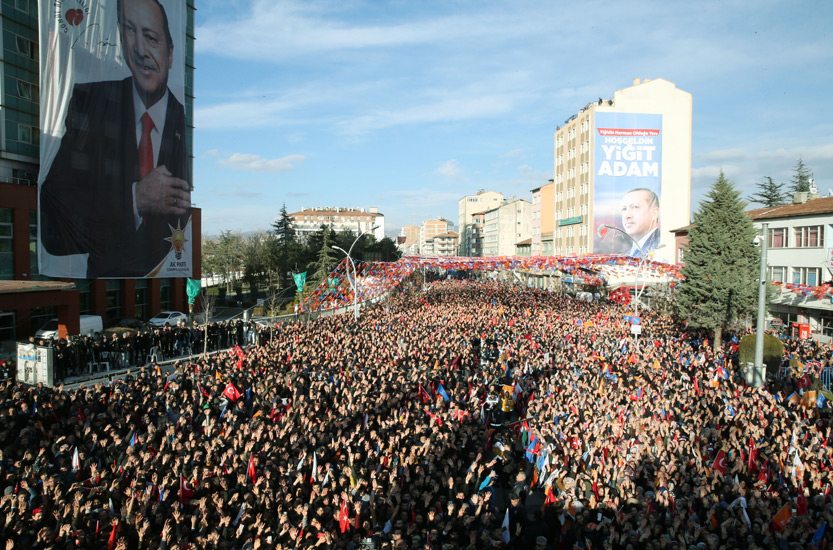
In 2001 Erdogan established the justice and development party. After his ban from politics ended he was listed as a prime ministerial candidate and became prime minister of turkey alongside the president Sezer in 2003, acting as an emblem of modern democratisation, liberation and freedom of the time for turkey.
However, in 2014 Erdoğan became the 12th and current president of turkey and began to transform turkey in a heavily centralised presidential system from its previously parliamentary status. The new system entrenched his one-man authoritarian rule, enforcing a decrease in democracy, corruption and censorship. Erdoğan has decreased the independence of the central bank and pursued uncommon monetary policy, significantly contributing to an economic crisis, which caused high inflation and a depreciation of currency in turkey.
Throughout Erdoğan’s presidency allegedly he has imprisoned journalists, policemen, intelligence officers and judges to silence his corruption, ordered the imprisonment of pregnant women, disabled youth and the elderly without charge as well as thousands of civilians. He jailed members of the opposition party in order to win elections and purged public servants due to ideological differences although these facts are uncertain, there is still a humanitarian crisis occuring under his regime.finally he nbuilt his own presidential palace costing TL 1.37 billion whilst the country is facing an economic crisis, causing hundreds of thousand to live below the poverty line. But what is happening today?
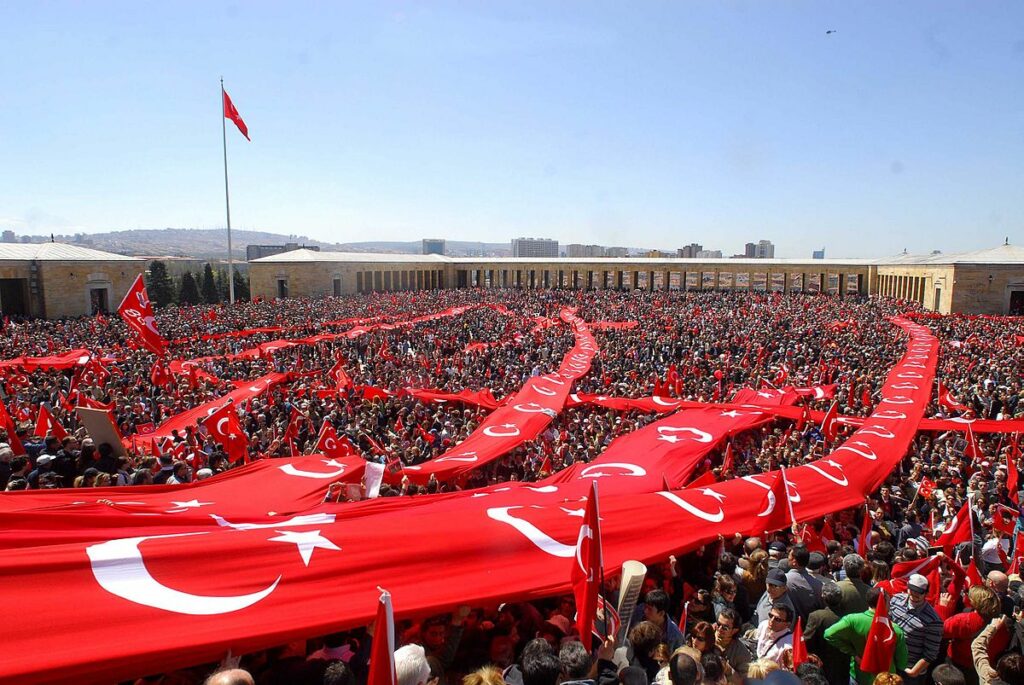
After 20 years Erdoğan is fighting to maintain his authoritarian power in the 2023 presidential election after surviving an attempted coup in 2016, with the Turkish population already devastated by a cost-of-living crisis, arguably triggered by his economic policies, as well as the preparation and response to February’s earthquakes. From a leader who once built a reputation of modernisation and development in Turkey, he has descended into a hole of tyranny and populism. The Turkish election is seen to be one of this year’s most significant as a fight for the future of democracy in turkey. Following the vote count, both Erdogan and his rival Kılıçdaroğlu failed to achieve the 50% vote for victory a with Erdogan achieving 49.5% of votes and Kılıçdaroğlu 44.88% and will now face a runoff Election. Erdogan evidently has an advantage, but the voting divide symbolises the division within the country itself.
This election is crucial to the future of Turkey’s economy, but also for democracy in an era of authoritarian leaders in countries across the world. The vote is a final chance to prevent Erdogan from turning the country into an autocratic nation.
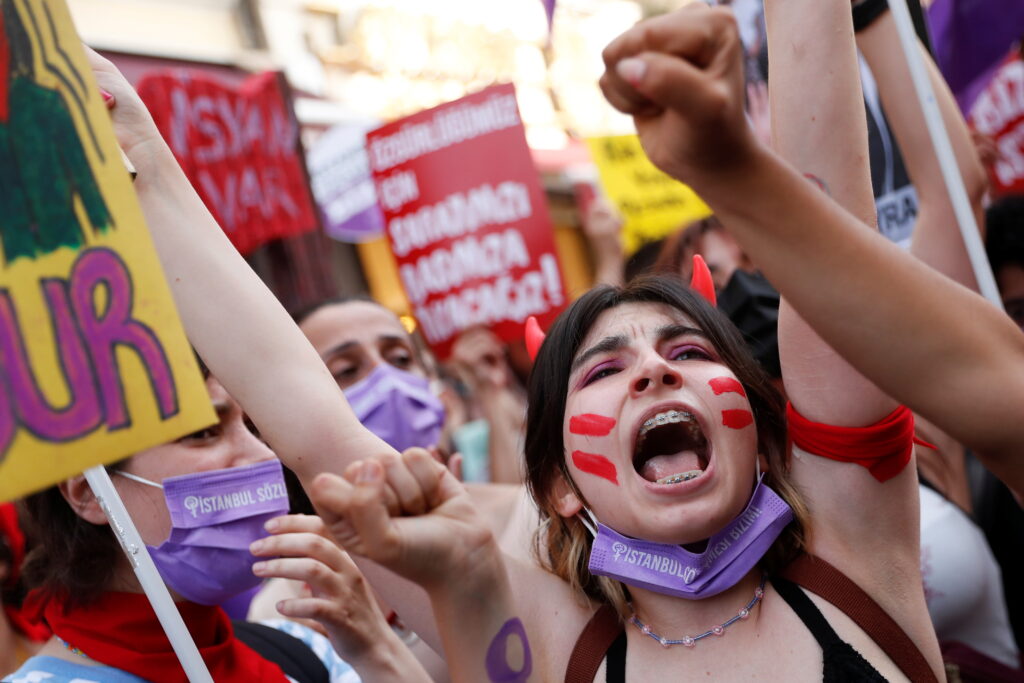
References:
https://www.bbc.co.uk/news/resources/idt-sh/Erdogans_Turkey
https://en.wikipedia.org/wiki/Presidency_of_Recep_Tayyip_Erdo%C4%9Fan
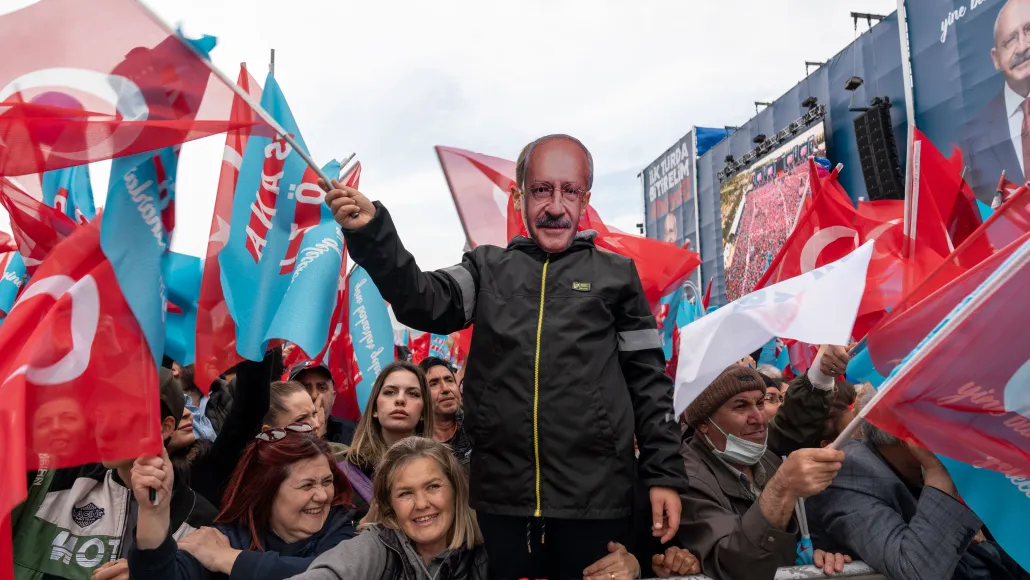
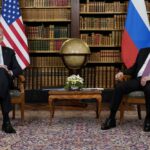
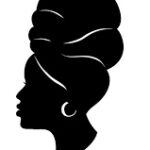

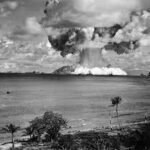










Post Comment
You must be logged in to post a comment.